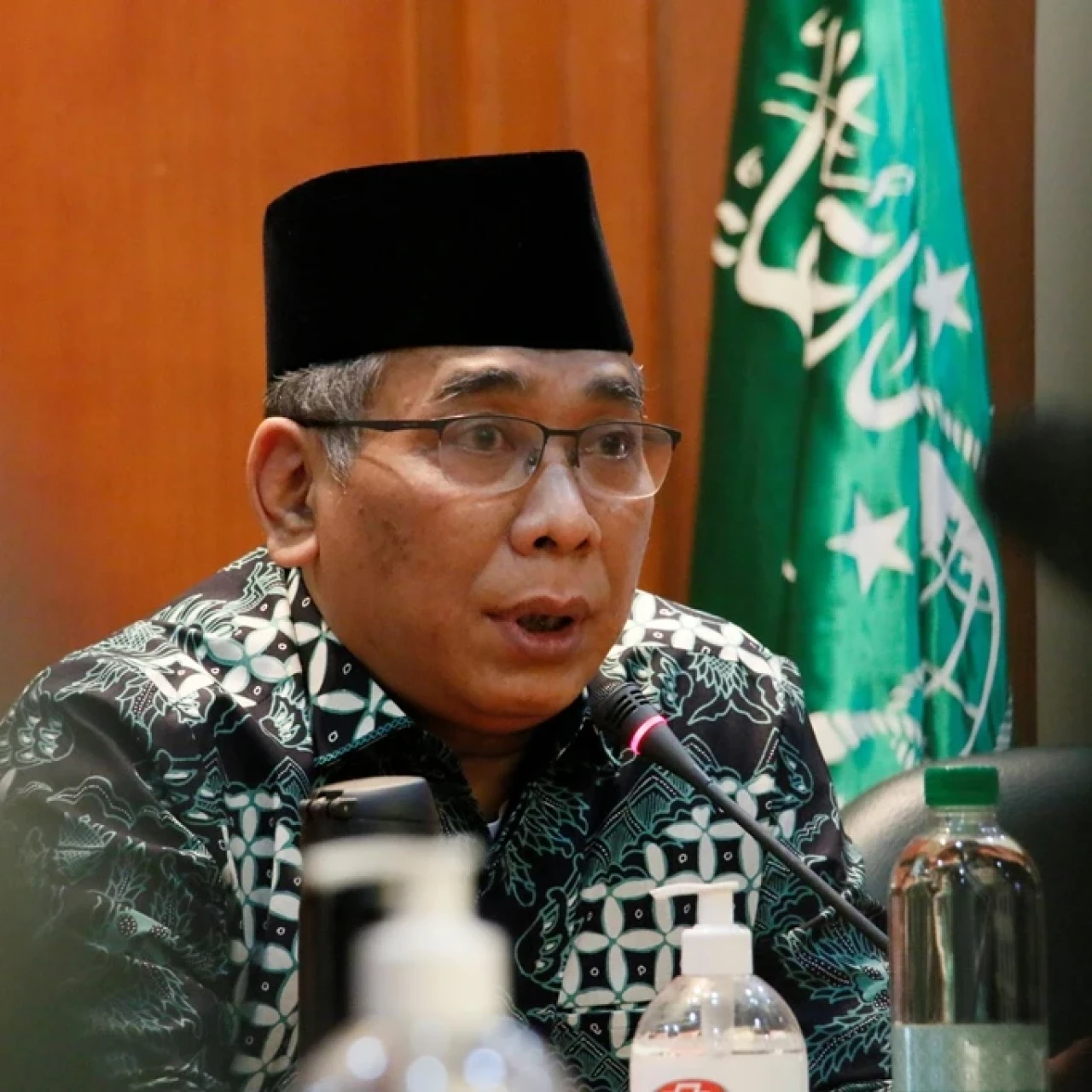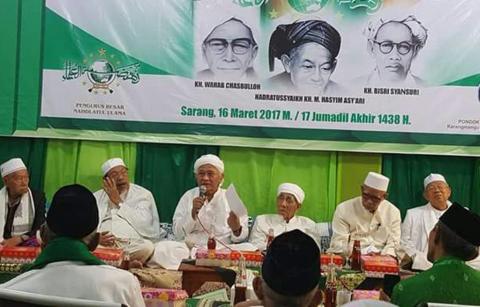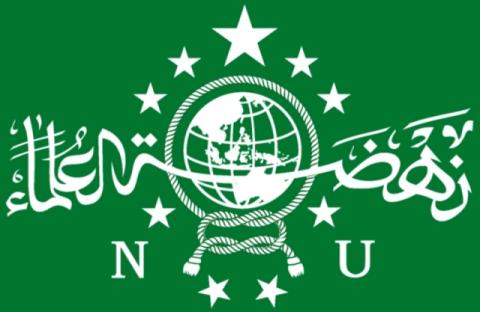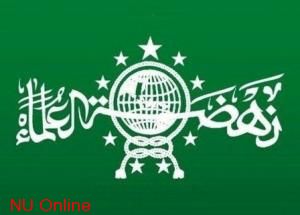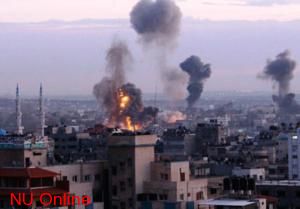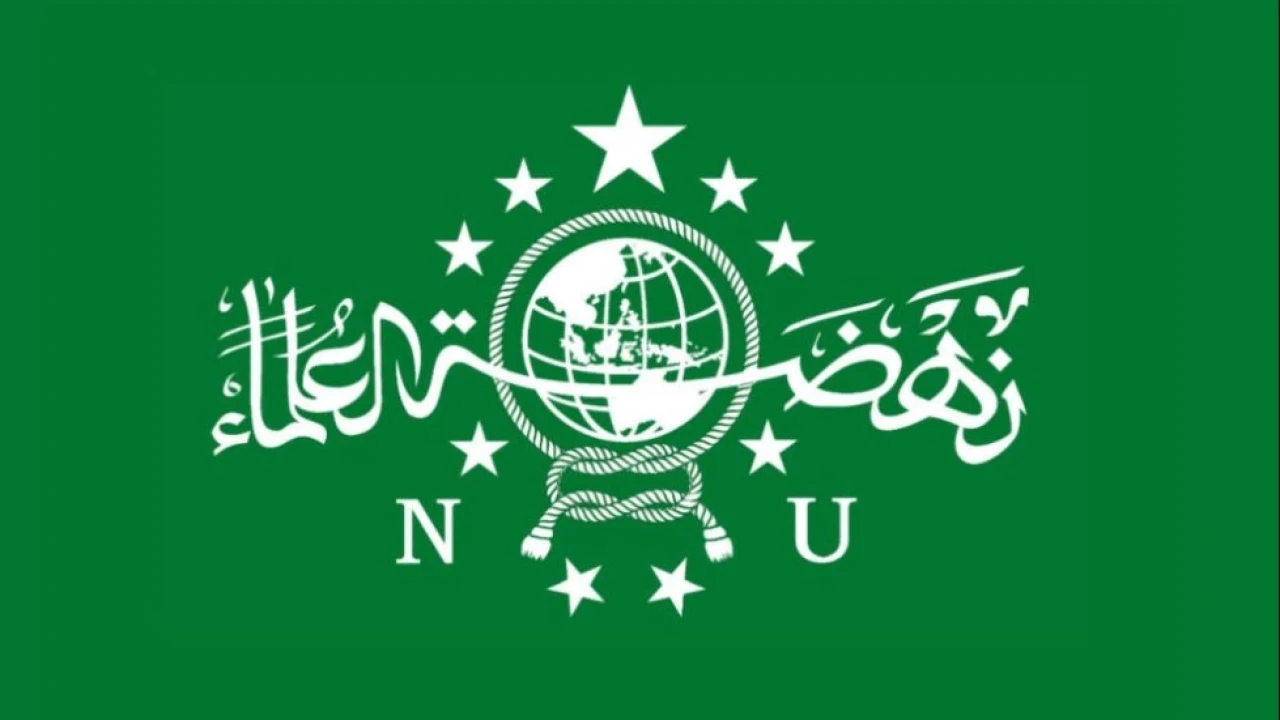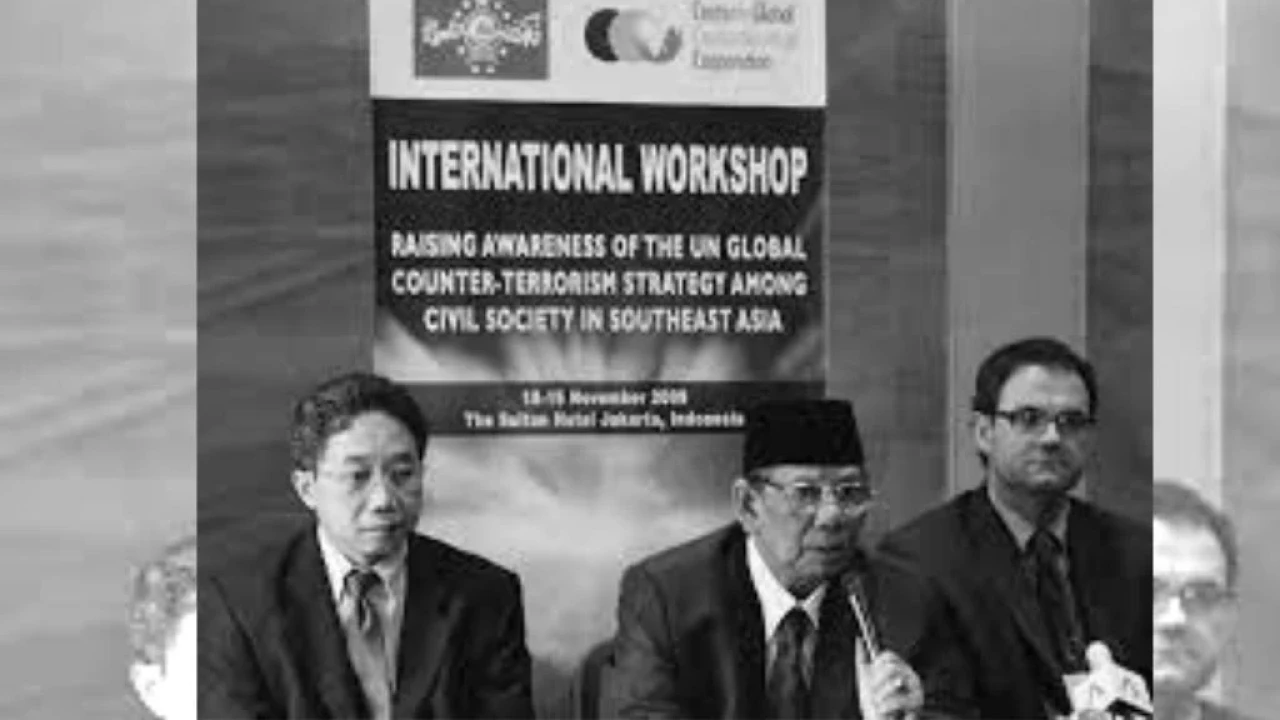JAKARTA MESSAGE
NU Online · Kamis, 7 Agustus 2008 | 02:12 WIB
The Central Board of Nahdlatul Ulama, Jakarta
JAKARTA MESSAGE
UPHOLDING ISLAM AS RAHMATAN LIL ALAMIN:
PEACE BUILDING AND CONFLICT PREVENTION IN THE MUSLIM WORLD
AT THE THIRD INTERNATIONAL CONFERENCE OF ISLAMIC SCHOLARS (ICIS),
JAKARTA, 29TH JULY-1ST AUGUST 2008
In the name of Allah, the most benevolent the most merciful. All praise be to Allah, Lord of the universe. Salawat and salam to the Messenger of God, Muhammad and his family, the last Prophet, blessing for the universe.<>
Praising Allah Subhanahu wa Ta’ala for bringing us together again on this auspicious occasion of the Third International Conference of Islamic Scholars in Jakarta; In His Glory we continue addressing issues of global concern since the convening of the first ICIS in 2004; and for this ICIS we chose the theme Upholding Islam as Rahmatan lil Alamin for Peacebuilding and Conflict Prevention in the Muslim World. May Allah endow our brotherhood (ukhuwwa) with the blessing (baraka) and innate disposition (fitra) to uncover the necessary comprehension and practical solution needed to empower our umma in fostering peace and tolerance for humanity.
Reiterating our conviction that the Islamic norms and teachings oblige all the umma to deem peace (silm or salam), justice (‘adalah), freedom (hurriyah), moderation (tawassut), tolerance (tasamuh), balance (tawazun), consultation (shura), and equity (musawah) as fundamental to human dignity.
Recalling the first International Conference of Islamic Scholars (ICIS) in 2004, and the second in 2006, that the belief of Islam as Rahmatan lil Alamin has cristalized in facing the paradoxal world and ICIS should become a sustained international forum and movement of ulama/scholars.
Reaffirming our commitment that ulema/scholars should transcend beyond borders (‘abra al-hudud/sans frontieres) in building peace and preventing conflicts, among other issues through facilitation and mediation.
WE THE PARTICIPANTS OF THE THIRD ICIS PRONOUNCE AS FOLLOWS:
1. Materialize the paradigm of Islam as Rahmatan lil Alamin (Islam as a blessing for the universe) as a code of conduct for humankind to harmonize universal values (khair) with local values (ma’ruf) as inspired by al-Imran 104.
2. Take continuous efforts to reform and transform the psychological barriers and dilemma from ethical doubts (shak) to ethical faith (yakin) through revisionary actions (amal salih) as inspired by al-Baqarah 147 and al-Hijr 99.
3. Agree that the root causes of tension and conflict are not due to religious factors, but they are due to several factors from within societies and from external forces, which include political, economic, and social exploitations; and therefore call on ulama and Islamic scholars to be sensitized and aware of the intervention of external factors as the root causes of the tension and conflict.
4. Agree also that globalization has produced centripetal and centrifugal forces that demand States and Nations to continuously review their political structure that creates social repercussions towards humanity, including tension, conflict, and tension.
5. Concern about the discrepancy between Islam as religion of peace and unity and the fact that part of the Muslim world is still marred by conflict, violence, poverty, and suffering.
6. Encourage the media to provide balance and objective coverage of issues in the Muslim communities through the world and to refrain from creating Islamophobia and demonization of Islam, and empower the community to engage the media.
7. Establish media centers in main Western cities, which will take part in public debates, provide information and build bridges between Muslim communities and the Western media.
8. Reassert our strong commitment to eradicate poverty, deprivation, illiteracy, and all forms of injustice, with vigor, wisdom, and faith that the Lord will open our path in the pursuit of virtue, as the Quran (al-Ra’du 11) preaches, “Allah will not change the fate of a nation until they commit to changing their own.”
9. Reassert our commitment to encourage the Umma to resolve intra-faith conflicts within Muslim communities, which will be a significant contribution to the world peace, and decide to avoid any kind of fatwa that may result in intra-faith conflict and/or violence.
10. Decide to play a more active role in waging a campaign of compassion and comprehension for peace, regardless of our madzhab (schools of thought) or nationality (ulama sans frontieres).
11. Commit ourselves to the protection of the most vulnerable groups including women and children, elderly and people with disabilities particularly in times of conflicts and crises.
12. Empower the Muslim women and youths to enable them in civic participation, including prevention of conflicts and building peace.
13. Decide to establish “ulama sans frontieres” with the following principles:
a. Comprehension and sensitivity
b. Dialogue, openness and patience
c. Solidarity with humanity
d. Justice
e. Forward looking and visionary leadership
14. Call for “ulama sans frontiers” to conduct in collaboration with other professionals and specialists as follows:
a. Capacity building of ulama at all levels in peace building and conflict prevention.
b. Indepth study and mapping out conflicts in the Muslim world to identify strategic factors and stakeholders.
c. The establishment of an early warning system at the grassroot level to enable appropriate early response.
d. Facilitation and advocacy for groups in our society that are in despair and most vulnerable to provocation.
e. Reinforcement of the immunity of our society from elements inciting hatred, violence, and terror.
f. Advocacy of the principles, methods and expertise of “ulama sans frontieres” to be incorporated into peace building and conflict prevention efforts taken by the formal structures of power at the local, national, regional, and global levels.
WE FURTHER DECIDE TO RESTRUCTURE THE WORK AND MANAGEMENT OF ICIS THROUGH THE FOLLOWING ORGANIZATION:
1. Strengthen the ICIS Secretariat-General in Jakarta, Indonesia under the leadership of Nahdlatul Ulama (NU) by establishing specialized units for each of the regions and appointing experts on key issues of importance to the brotherhood (ukhuwwa), namely conflict resolution, economic development, religiosity, education and technology, the media, and legal and minority rights.
2. Establish ICIS representation for each region in East Asia and the Pacific, South and Central Asia, the Middle East, Africa, and the Americas, and Europe.
3. Establish “ulama sans frontieres” including professionals and specialists that will use their good-offices in peace building and preventing conflicts in the Muslim world.
4. Establish think-thanks to conduct studies and research on the issues of conflict prevention, conflict resolution as well as post-conflict peace and confidence building measures through interactions with reputable universities, research institutions, experts and intellectuals.
5. Convene the International Conference of Islamic Scholars once in every four years and regional conferences of Islamic scholars every two years.
6. Obtain accreditation from the United Nations, the Organization of Islamic Conference, and other international bodies.
Acknowledge the generous contribution of the Central Board of Nahdlatul Ulama since the foundation of ICIS, and express our appreciation to the Government of the Republic of Indonesia, particularly the Ministry of Foreign Affairs, and the people of Indonesia for the organization of the third ICIS.
Terpopuler
1
Khutbah Jumat: Ramadhan dan Kesempatan yang Tidak Selalu Terulang
2
Innalillah, Ulama Mazhab Syafii asal Suriah Syekh Hasan Hitou Wafat dalam Usia 83 Tahun
3
Kultum Ramadhan: Lebih Baik Sedikit tapi Istiqamah
4
Khutbah Jumat: Ramadhan, Melatih Sabar, Memperkuat Syukur
5
Keluar Mani yang Tidak dan Membatalkan Puasa
6
Khutbah Jumat: Tiga Kebahagiaan Orang Puasa
Terkini
Lihat Semua




